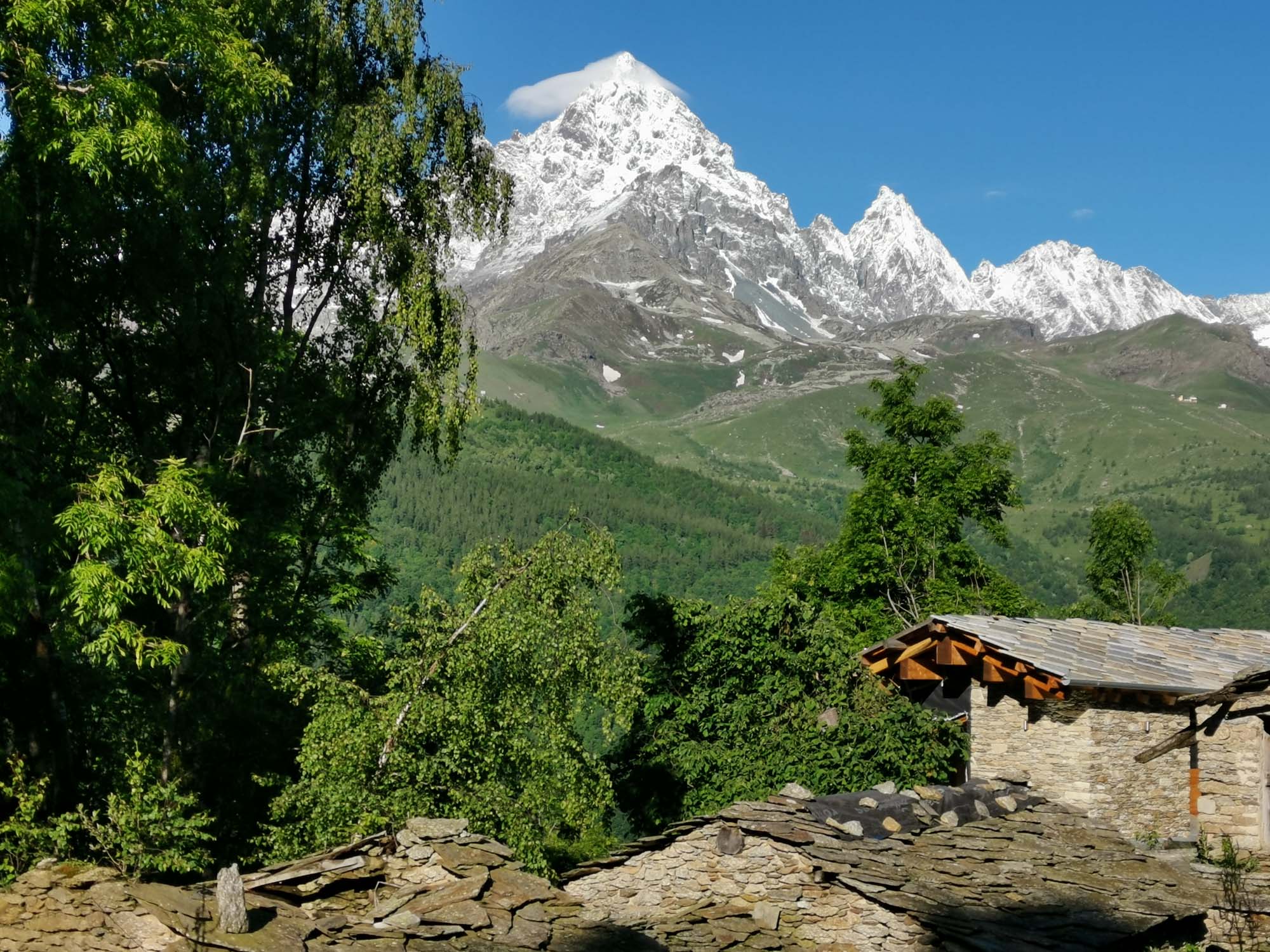Get to know us
About
Hovering in between and beyond
Systemic Design Labs (SDL) are experimental hubs or activities at the interface of science, design, society and action. They provide learning and research opportunities in real life, in real time, with all the inherent complexities and surprises of transformations and systemic innovation.
SDL is lead by Prof. (AHO) Dr. Tobias Luthe, and currently hosted by the Institute for Spatial and Landscape Development (IRL), group of Planning Landscape and Urban Systems (PLUS) at the ETH Department of Civil, Environmental and Geomatic Engineering.
Many of SDL course offers were supported by ETH Innovedum.
Systemic Design Labs take place in real-world settings at the interface of science, design and societal action, inter- and transdisciplinary, and thus somewhat hovering in between and beyond the disciplinary structure of a technical university like ETHZ.
This is part of the unique character of SDL with its new hybridization between science, design and praxis, in order to more holistically and organically deal with emergence and uncertainty in complex real-world situations.
If you are interested in our work and you would like to learn more about systemic design, sign up for the newsletter, connect to our LinkedIn group, and follow us on Instagram.
Stay up to date:
Key concepts
People
Diverse faces of hybridizing science, design and practice
Systemic Design Labs (SDL) comprises a community of culturally open and interested scientists and design researchers, with a shared culture of awareness for worldviews, holistic science, creative prototyping despite of fuzziness, and experimentation in the real world. We collaborate with individuals in research, teaching and transformative praxis, from within ETHZ and associated from beyond.
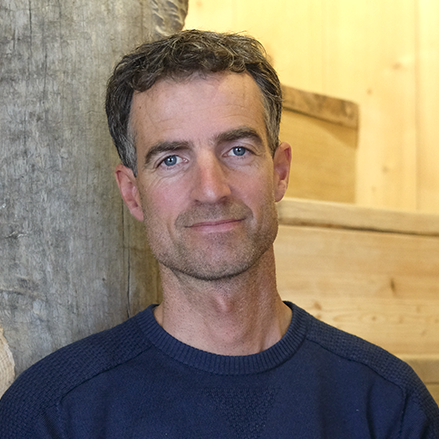
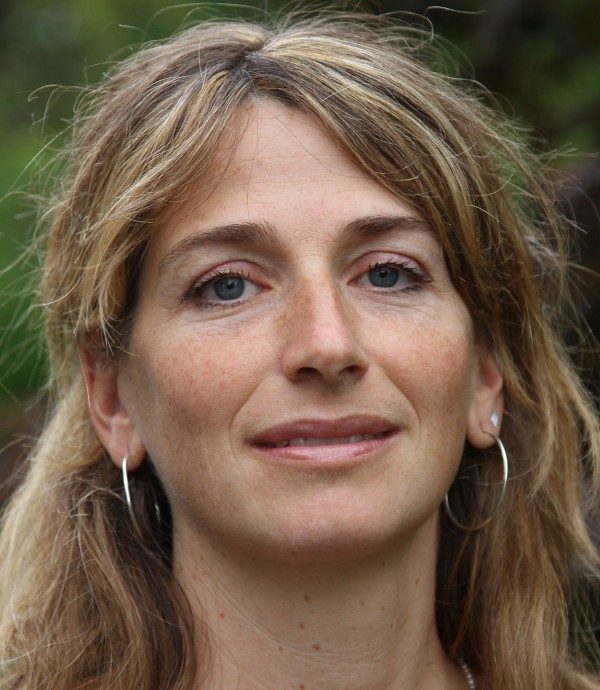
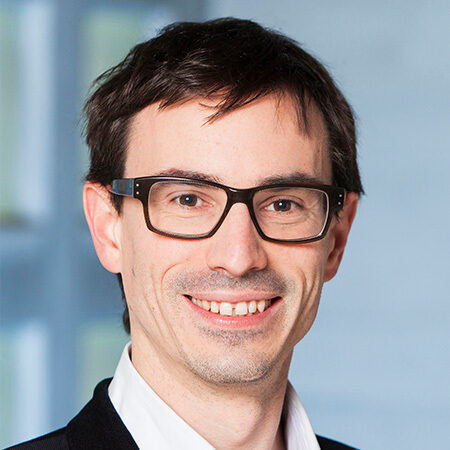
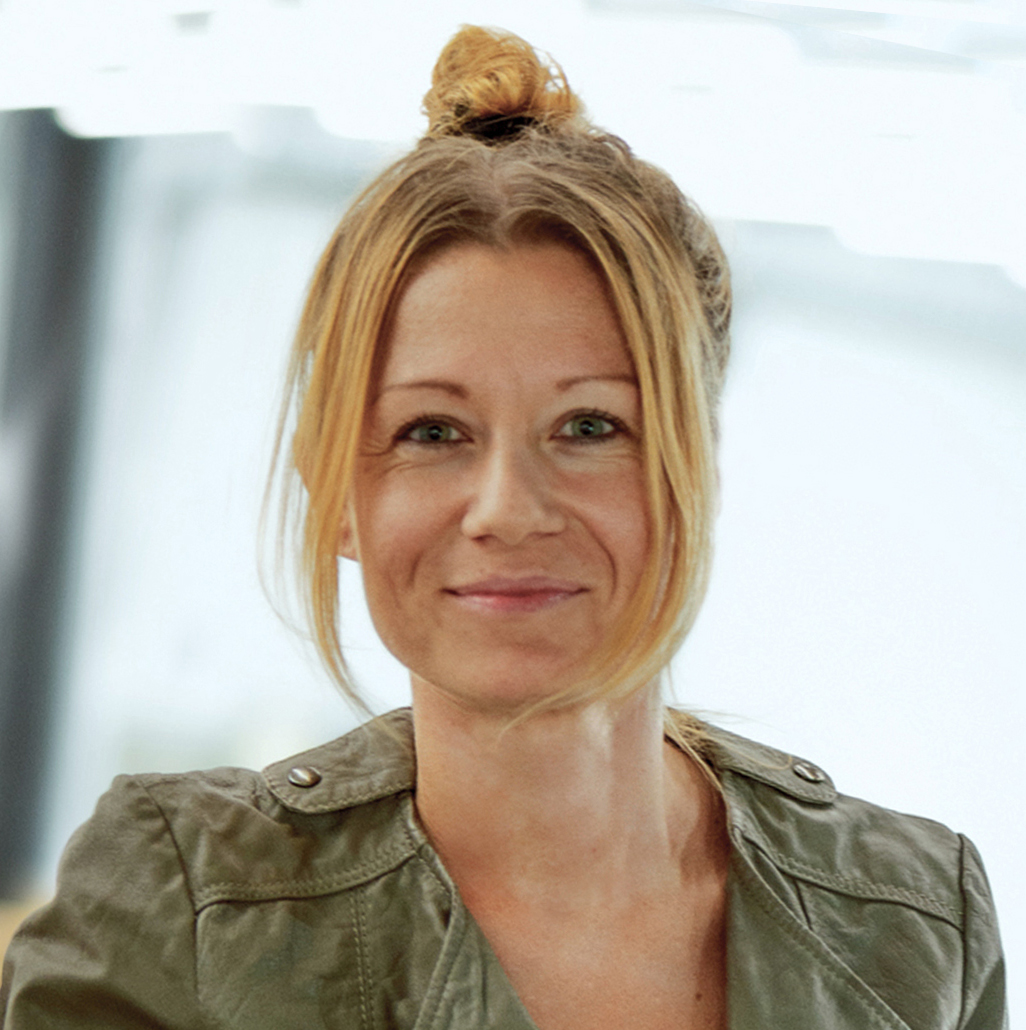
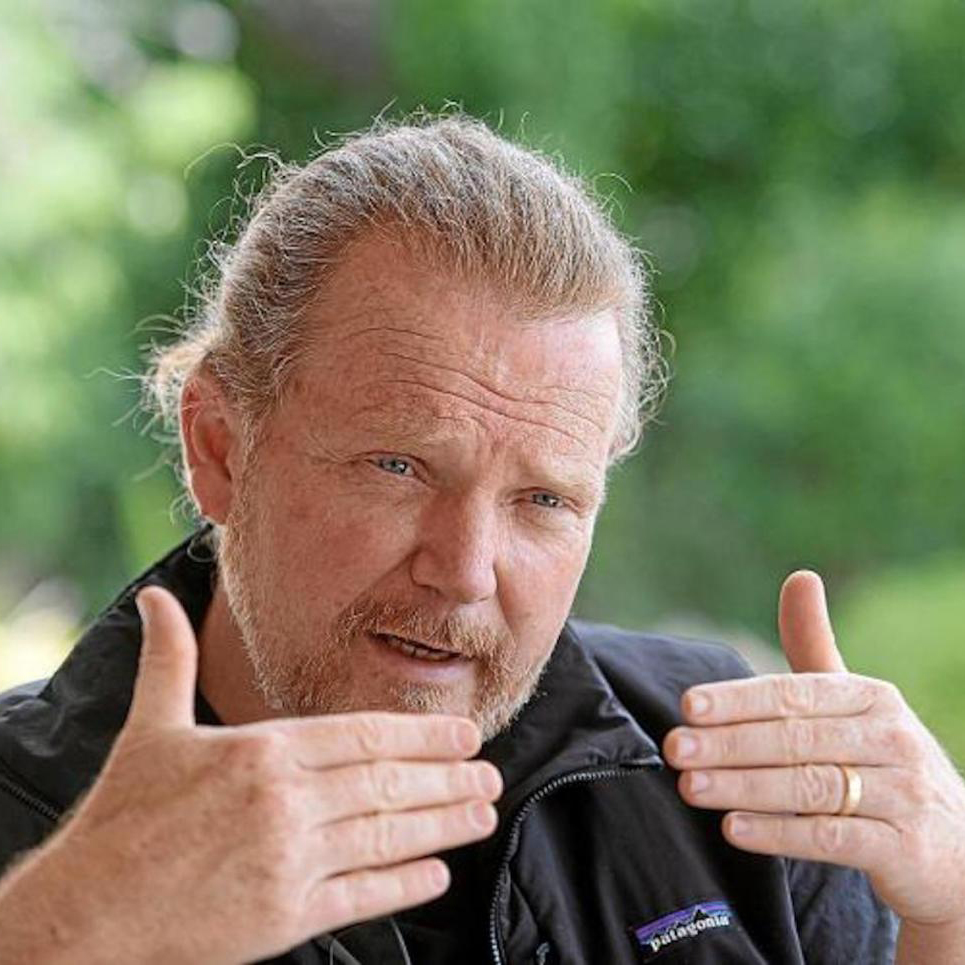
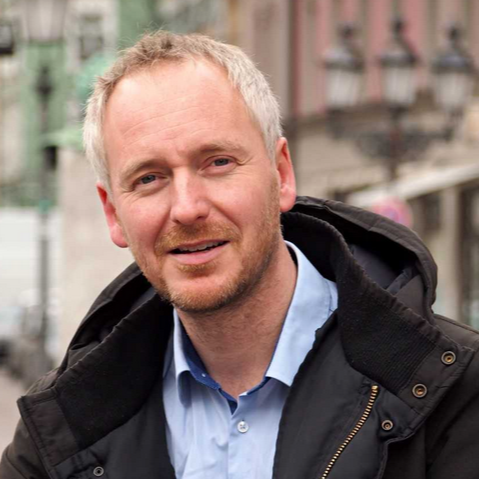
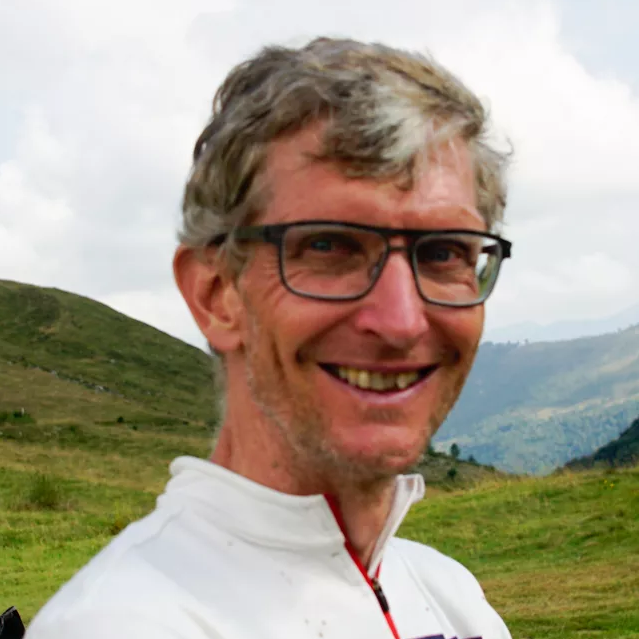
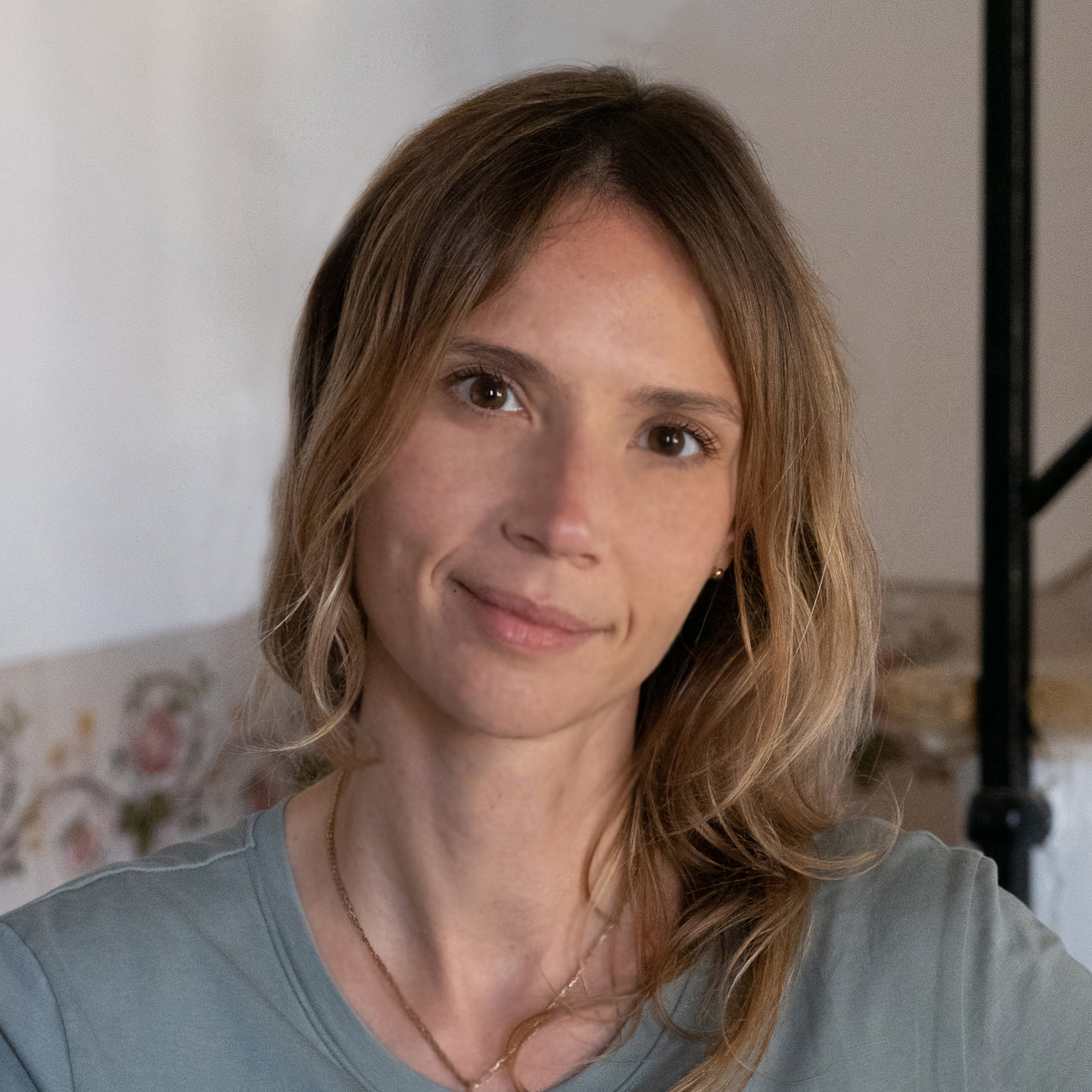
Supporters
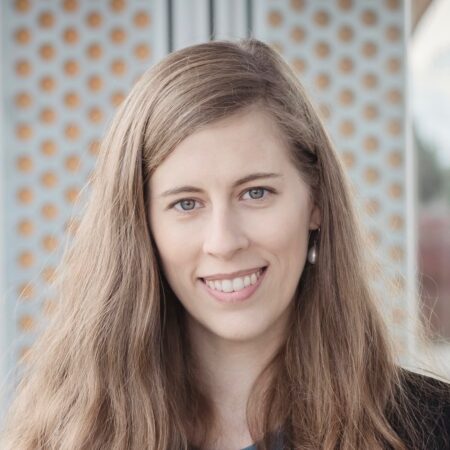
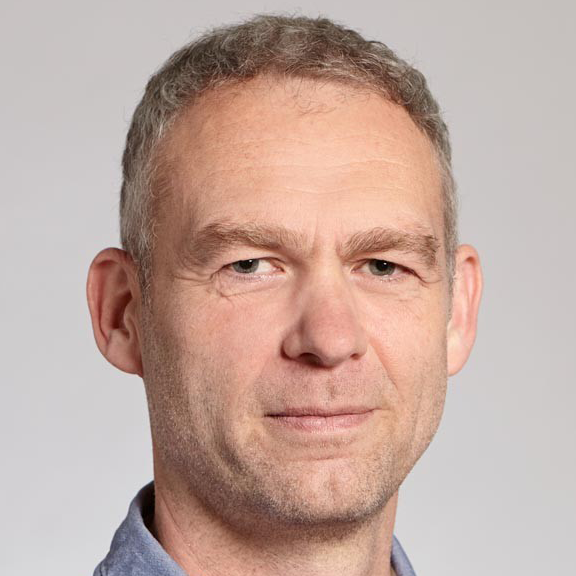
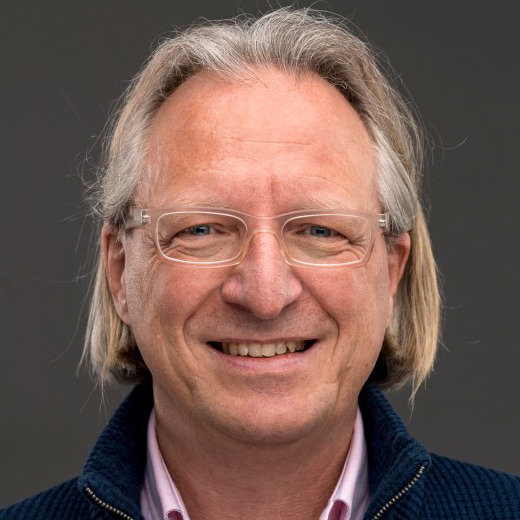
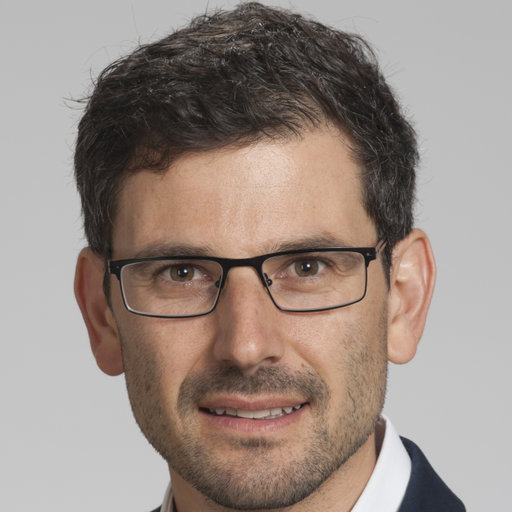
Complex systems are inherently dynamic and unpredictable, their properties are emergent and uncertain.
An organic way to deal with emergence is to trust to adaptively cope with sudden challenges, as individual from within, and as part of community support.
And it is about seeing opportunities and beauty, and taking chance of it.
Places
Real-world labs
A real-world laboratory (RWL) or Living Lab is a place to experiment with interventions and solutions to complex challenges and nested crises, such as climate change, biodiversity loss, and new alpine-urban living. It is real-world because it is embedded in a living community; it is a lab because it creates space and time for testing and experimentation, such as with renewable building materials and net-positive buildings.
RWL are critically important for the practice and advancement of Systemic Design, since one can prototype and experiment interventions in a “safe space” where failure is accepted, yet the reality of emergence in systems, their unpredictability, is as rich as reality can be.
In general, a RWL is about understanding, incubating and supporting sustainability transitions of various kind, such as from a linear to a more circular economy. An RWL experiments with interventions and solutions to complex and often uncertain challenges, such as future resilient life styles. From this experimental research, one can design tools for change, or seeds for systemic innovation – solutions and illustrations that can be experienced in real and scaled up in other places.

